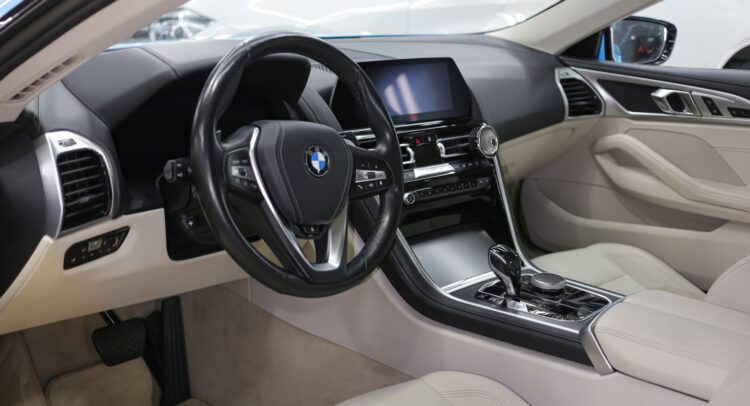Germany-based carmaker BMW AG (DE:BMW) and its venture faced a major recall of 1.36 million cars in China over the potential risks with Takata airbags. According to China’s State Administration for Market Regulation, the recall is effective immediately and applies to all models locally produced or imported between 2003 and 2017. BMW shares gained 0.61% as of writing.
BMW is a leading global automaker recognized for its luxury vehicles. Its portfolio includes well-known brands such as BMW, MINI, Rolls-Royce, and BMW Motorrad.
Inside BMW’s Airbag Recall Challenge
BMW’s Chinese joint venture, BMW Brilliance Automotive, will recall 598,496 China-made cars, while BMW China Automobile Trading will recall 759,448 imported cars. The recall targets BMW vehicles where owners may have replaced the steering wheel, potentially installing defective Takata airbags.
Additionally, BMW will replace defective driver’s front airbags at no cost for vehicles identified with issues after inspection. This will ensure enhanced safety for its customers.
Interestingly, once the top supplier of airbags, Japan-based Takata Corporation, filed for bankruptcy in 2017 after its airbags were linked to deaths and injuries. In the last decade, over 100 million vehicles with Takata airbag inflators have been recalled globally by multiple car manufacturers.
In July, BMW recalled 394,000 cars in the U.S. due to defective airbag inflators that posed a risk of serious or fatal injuries.
China Sales Slump Hits BMW’s H1 Performance
Earlier this month, BMW announced its results for the first half of 2024, highlighting its weaker performance in China.
Just like its European peers, BMW faces pressure in China, where local manufacturers are capturing market share with affordable EVs (electric vehicles). BMW experienced a 4.3% decline in its sales in China during the first half of the year. Overall, the company reported a 0.7% year-over-year fall in its total revenues in H1 to €73.5 billion.
Moving forward, the company expects the conditions to improve in China in Q3. It also maintained its full-year guidance of an EBIT (earnings before interest and tax) margin of 8-10% for its Car segment. In H1, BMW’s EBIT margin for its Car segment dropped to 8.4%, from 9.2% during the same period last year.
Is BMW a Good Buy?
Analysts remain sidelined about BMW stock, with a consensus Hold rating based on six Buys, seven Holds and three Sells. Over the past year, BMW has decreased by 13%, and the average BMW price target of €102.33 implies an upside potential of 24.8% from current levels.

















